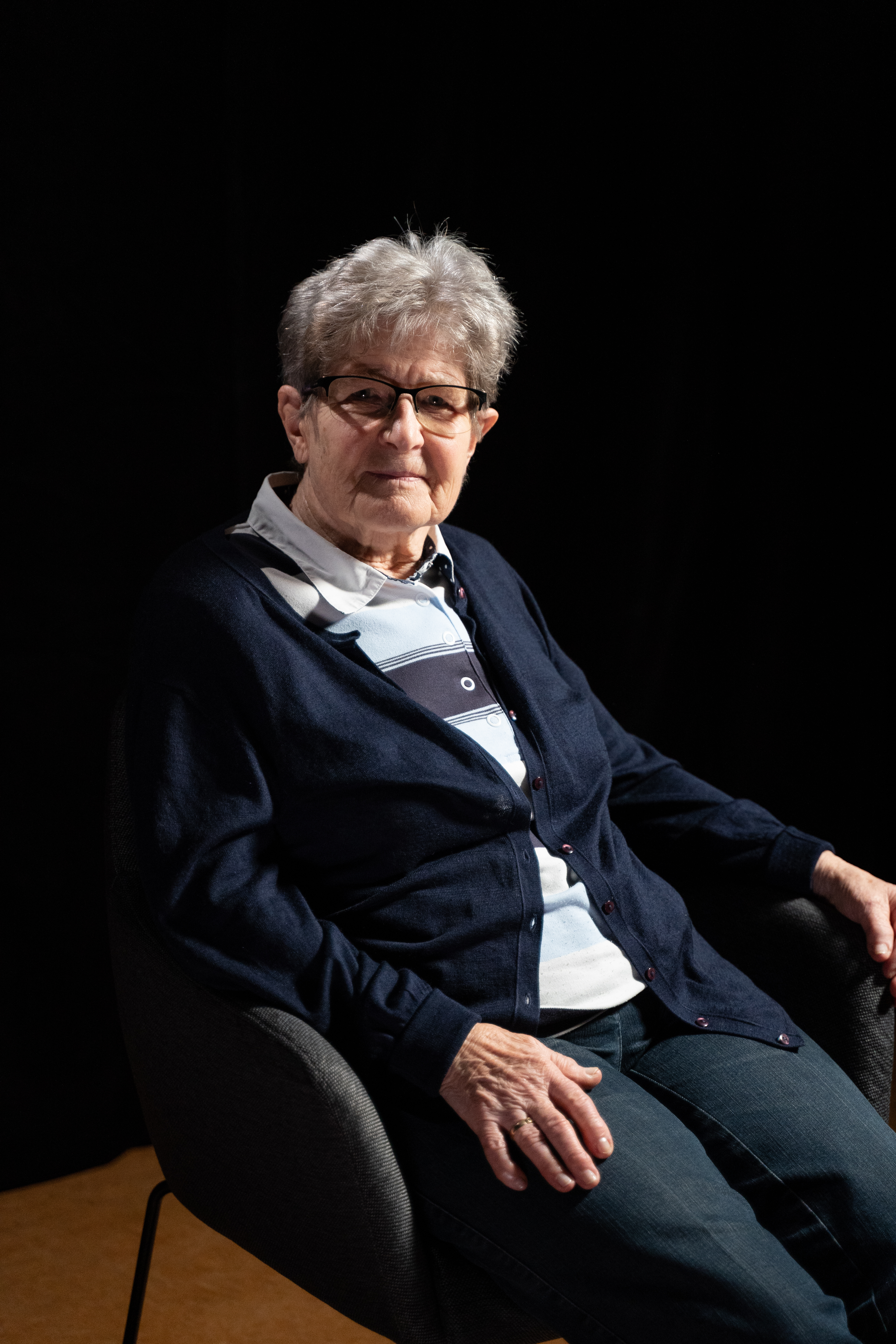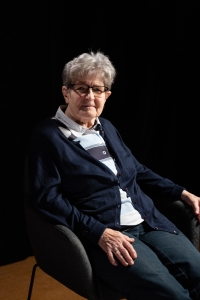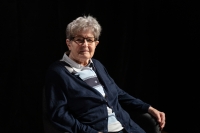A childhood under the Yellow Star

Download image
Renate Aris was born in 1935 in Dresden. Since her father was Jewish, she and her brother were also persecuted as Jews by the Nazi regime. Her father was subjected to forced labour in several companies in Dresden. Meanwhile, Renate Aris was allowed to live with her mother and brother at her maternal grandmother’s apartment in a suburb of Dresden. There, she witnessed the bombing of Dresden in February of 1945. The remaining Jews in the city were supposed to be deported the following day but Renate Aris’ family was able to use the subsequent chaos to their advantage. They found refuge at a friend’s house who hid them until the end of the war. After the collapse of the Nazi regime, Renate Aris was finally allowed to go to school. She became the head of the costume department in various theatres and later also in television. Today, Renate Aris is an active member of the Jewish community in Chemnitz and dedicates her life to the remembrance of the persecution and the Holocaust by talking to young people about her experiences of growing up as a Jewish girl in Nazi Germany.

